The crown serves as the outer shell of the damaged tooth. The dentist will remove the broken or decayed part of the tooth and place a crown on it to protect the remaining part of the tooth. When the dentist recommends that you accept a crown, you can choose the material you want. You should understand the choice of materials and the benefits of each in order to make an informed decision.
1. What to know about dental crown materials
Your dentist will choose the type of crown material for you. Common materials include:
- Porcelain
- Ceramics
- Porcelain-fused-to-metal
- Metal
Porcelain is a kind of ceramic material made by the firing process. Porcelain has a translucent appearance. Ceramic is also a fired material, it is the same colour as your teeth, although it is not translucent.
The metal porcelain crown consists of metal coated on porcelain. Metal can strengthen the crown while maintaining the natural appearance of the tooth. There are many materials for metal crowns, such as gold, nickel, platinum and chromium. They retain the colour of the metal that composes them.
2. What to consider when choosing materials
When choosing a crown material, you need to consider many factors. The following factors should be taken into account:
- Exterior
- longevity
- strength
- cost
By considering these factors, you can make the best choice for your mouth.
Appearance
Ceramic and metal porcelain are the most natural-looking crowns because dentists can make them to match the colour of your teeth. Porcelain crowns look most like your teeth because they have a translucent appearance like your own teeth. Because of their appearance, they are ideal for your first four teeth.
On the other hand, the metal crown looks the most unnatural. They are very obvious when you choose to use this material for incisor crowns.
Longevity
Generally speaking, a crown lasts 10 to 15 years. However, some materials are not as durable as others. Ceramic wears more easily than metal, which is the most durable option, especially when the crown is on your back teeth.
Strength
If you want to choose the strongest crown material for all your teeth, choose metal. Porcelain and ceramics are more likely to break, especially when you grind or grind your teeth.
However, if you are also concerned about aesthetics, you can choose porcelain or ceramic incisors. Then, you can choose to use metal teeth on your back teeth—the teeth that bear the most pressure when you chew. If you want the strength and crown to look like the original tooth, you can consider using metal porcelain to make the crown.
Cost
When you decide to choose the most ideal dental crown material, you have to consider the cost factor. If you have dental insurance, the price is even an issue. Insurance often only covers part of the cost of a crown. You must also consider your annual maximum.
Porcelain and ceramics are generally more expensive than metals. If you want to save money, you can consider using metal for all or as many teeth as possible.
Allergy
Some people are allergic to a certain metal. If you have reacted to metals in the past, even when you were wearing jewellery, you should discuss this with your dentist.
Dental crowns can protect your teeth from further damage, protect your ability to chew, and give you confidence. When choosing a material, you have several options, and you should compare these options based on appearance, price, strength, and longevity.
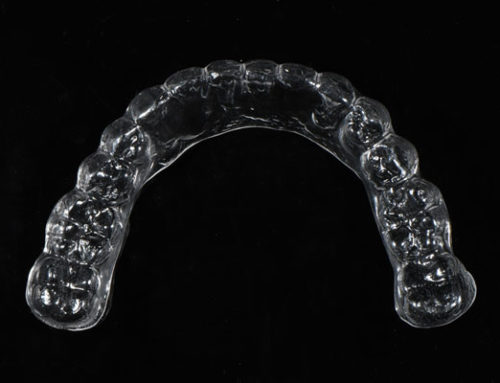
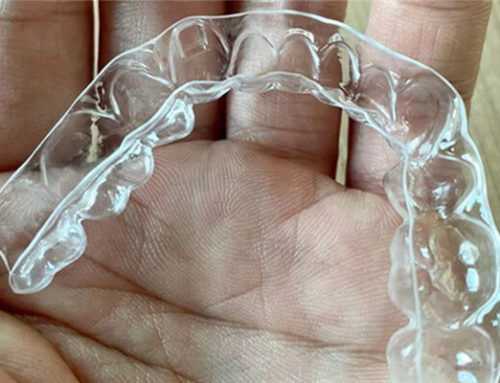
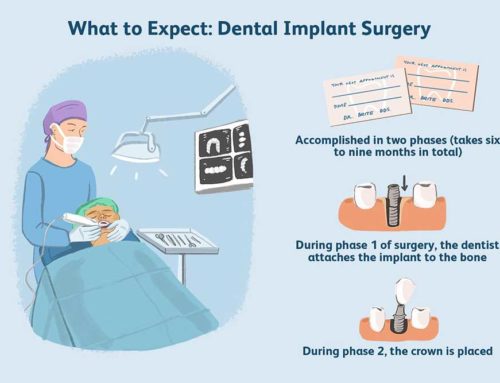
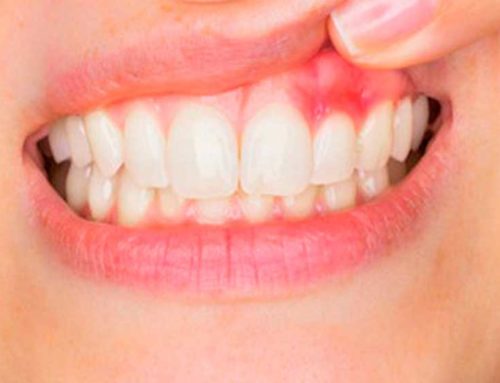
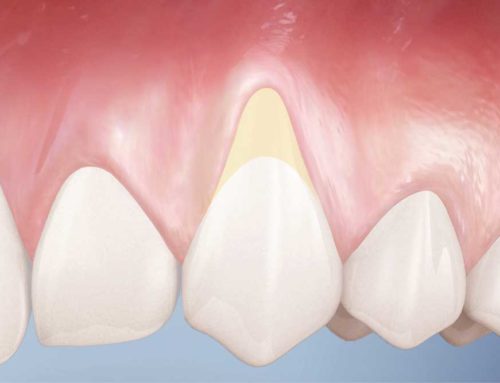
Thank you for being clear about porcelain crowns and how natural they look. Reading this really made me think of how my current molar teeth are severely cracked and replacing them might be a difficult procedure. To make things easier, I’ll go look for a dental crown expert right away and make sure I ask them to use porcelain.